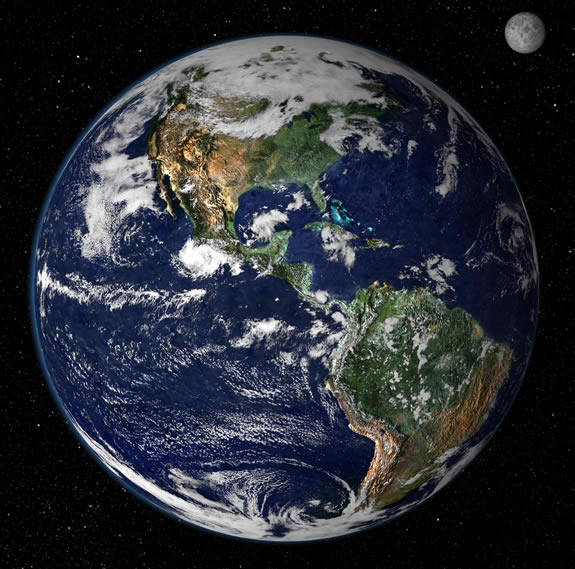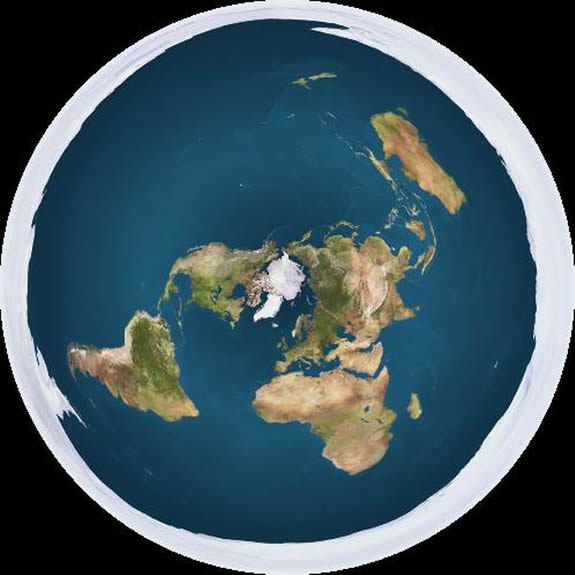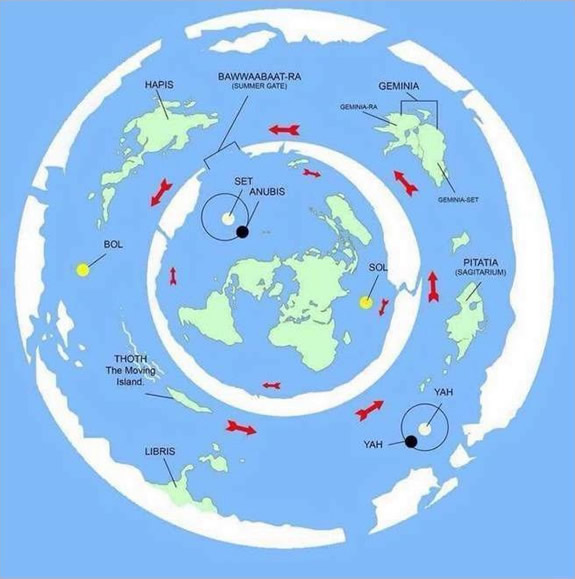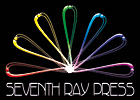The Great American Eclipse |
m | ||||||||||||||||
Posted to Subscribers on 2 August 2017 |
|||||||||||||||||
|
|
Dear Subscribers, There are so many ideas racing through my mind at one time that I hardly know where to start. Lots of people have been writing about events that they believe may relate to the present eclipse cycle. One point to keep in mind is that interesting as this event is, it cannot be equally relevant to everyone so if nothing seems particularly important about 1960, 1979, and/or 1998, then this eclipse may not portend anything personal at all. People might be asking the mechanism whereby we respond, and this is actually quite difficult to explain unless we accept that we live in a vibrational reality. Music may help us to understand this. We know that each note is a specific frequency, and, if you have been reading my posts for the last years, you also realize that while there is no question about an octave, the division of the octave is a matter of cultural agreement. Let me put this another way. A wave oscillates and when the speed doubles, we go up an octave. When it doubles again, we have the next octave and so on and so forth. We do not have sensory organs that function on all octaves. For instance, to hear a radio broadcast, we depend on a piece of technological equipment to translate waves into sound, but the waves used to transmit from the broadcasting station to our radios are "silent" to our ears. More importantly, the fact that we do not sense something does not mean it does not exist. We know, for instance, that the "magic" of sound is real, but you can imagine that if one could find a tribe in a really remote area and you played a recording, there would be some curiosity and perhaps even fear because having music or voice come out of box that does not have a mouth or vocal cords would be quite challenging to the understanding of those unacquainted with technology. Okay, it helps sometimes to set a stage. Next, however, let's compare our hearing to that of a dog or a bird. We realize that we do not hear everything they hear and, we have to assume, that their hearing allows for more acute awareness as well, perhaps, also complexity of awareness, meaning the way we hear is not just limited to a specific frequency range but the nuances of sound may also be more restricted. Likewise, we realize that at least to some extent, we learn to hear. Try to speak a foreign language, and you immediately recognize that even though children speak that language, your ears and tongue often just do not quite get it right, sometimes not ever, and sometimes only after extensive practice. For example, do we hear the sing song distinctions in tonal languages or the many different "t's" in Thai? So, now we accept that sound can exist that we do not hear because of the limitations in our sensory organs as well as lack of training. We also know that if we do not hear certain sounds at a very early age, we may never perfect our pronunciation. If you have studied linguistics, you realize that pronunciation depends on exactly how air is moved in relationship to the tongue. Well, run an experiment and pay careful attention to exactly where your tongue is when you say "river" and then liver" and then perhaps "sliver" and maybe "silver". Most of us have met foreigners so we do not need to dwell on these details, but there are a couple more points to make the discussion more complete. We have some sense organs and we realize these are developed in specific ways. For example, we see in the 49th octave. The eyes do not hear and the ears do not see except in their own specialized domain. Within that 49th octave, we have a rainbow of colors, well, several million colors if you believe computer or paint specialists. However, the borderlines between color and color perception also are cultural so now, I want to rewind a tiny bit. Within an octave, there is a spectrum of sound, one exact octave, but the octave itself can be divided into notes and the number of notes varies according to cultural agreements. Not only that, but the pitch varies also. If you have been paying attention to the Verdi tuning discussions, you realize that A=432 Hz is more "natural" for the human singing voice. It is also more peaceful. If you have ever listened to a tenor struggle for his high C, then you know what a dangerous pursuit that can be. It's a lot less risky with Verdi tuning so why are we stressing ourselves with challenges that are unnecessary? One could even argue that present tuning undermines our health and psyche. Well, it does actually. In short, "pitch perfect" is relative to cultural agreements and these are subject to change both across borders and eras. What you cannot argue is that if we do not see it, it is not real. However, what do we see? As noted, we see interpolations of light that we call color and we base a simply enormous amount of our understanding of reality on the observations in one octave that depend on the particular training of the brain of the observer. Two further points could be made. In terms of the observer, all light that is perceived reaches us in a straight line whereas we know that light is actually a wave. If two people are both looking at the sun, they are seeing it only from their own angle, and that view is their reality. The forthcoming eclipse will also be seen as a reality by billions of people, each of whom will actually see it or fail to see it depending on their observational position and training of the brain. Thousands of photographs will then be uploaded to the Internet, each of which captured what the camera could see and those images may or may not be 100% in accord with the brain's recollection of the event. Now, did you feel the eclipse or see it? Can you differentiate the vibrations of seeing, knowing, and feeling? If you can, are any of these sensations more significant than the others? In a quality relationship, we each extend our perceptions through sharing, but if we dumb down our brains and expect to enhance our insights by relying on emoticons, we might easily become disappointed in our relationships. What were our expectations and what were the realities? Can we have a meaningful discussion about politics if we all get our news from the same source? Is the source of our knowledge about the world CNN or Fox News? Maybe it is Google? Maybe it is the Bible or Koran? Maybe it is our parents or teachers? I am going to share a few photos that I found online that challenge our perceptions and understanding. As I have been telling you for years, I have been in a prolonged meltdown process.
Now, to put this discussion in context, let me make a few comments. Yes, and please cut me some slack. The primary issue is not who or what is correct but that what we believe depends in very large part on what we have been told is fact. It does not matter whether the information came through the family, church, school system, NASA, or Internet. What matters is whether or not we can corroborate what we believe? If we cannot, then what we believe is a belief, not a fact. There is nothing wrong with faith, but it probably behooves us to place our faith in the most credible sources, which, alas, do not include any major media outlet or propaganda agency. I do not have an opinion on "the truth" because I do not know what it is. Now, back to the eclipse and the cycle. In 1492, Columbus sailed the ocean blue. Contrary to the expectations of millions of people, none of the three ships fell off the edge of the earth. We were told that 168 years after the death of Marco Polo, Columbus was looking for a route to Asia. Hold on a minute. Copernicus was only 19 years old when Columbus sailed west to reach the east. "No one" thought the earth was a globe — or did they — but the expectation, we were told, was that India could be reached by sailing west. Isn't that a bit odd if knowledge of the east came via those who went east or who came from the east. The voyages of Columbus did not prove the earth is a globe, merely that given where he sailed, no edge was encountered. Since he did not reach India, what are we to think? The world is flat and you have to travel to the east to get to the east? That is not what the voyages proved, but within two decades, exploration had become so extensive that the Turkish Admiral Piri Reis had drawn a quite credible map that purported to include Antarctica. For so-called reasons of intelligence and national security, those in high positions zealously guarded their information. With the advent of GPS, we believe there are no longer navigational secrets, but when Admiral Richard Byrd was asked on national television if anything remained the younger generation to explore, he described land masses beyond what we call the south pole. Flat earthers, which includes a lot of Bible thumpers, believe there is no " south pole" and that Antarctica is actually a wall around the presently defined world as we know it.
Going beyond the flat earth debate, which is actually considerably more sophisticated than sneering politicians would have us believe, there are theories of a contiguous universe that would put to rest the Big Bang and a number of other theories. Taking the next date in the eclipse history, 1776, the U.S. Declaration of Independence was signed. So, within what has been dubbed as the Great American Eclipse, we have two historic events of phenomenal importance. Today, we can argue whether or not either of the Americas, North or South, actually achieved independence from European monarchs and their bankers. Certainly there are questions of trade and the financing of both trade and trade routes. If one believes that more was known prior to the voyages of Columbus, then two factors are important to consider: predictability and secrecy. With more information, risks can be much more correctly estimated and by classifying information in such a way that what is known by the insiders and what is told to outsiders can differ, the parallels to the present are clear. If Disclosure were to suggest opening up extraterrestrial trade routes or the need for one world government, we would have scenarios worthy of scrutiny. However, these could be distractions used to promote the consolidation of power in the hands of the few, i.e., one world government and one world religion. The mighty are always addicted to these ambitions. The secrecy of the space missions and all the hoaxes required to sustain the obvious lies suggest an agenda. That agenda is probably far more complex than playing some Annie Oakley type game with the Russians. What is important now about the eclipse and preparation for the eclipse is the shadow. Yes, get your special viewing devices and hope for clear weather, but pay attention to what might be going on in the shadows. At the same time, we have to think about the dark side of our psyches because power and the right to dominate are not one and the same. Eclipses tend to have an enormous impact on power and prerogative. Not finished yet, but this will continue. In the meantime, I am also working on the final details of the webinar launch. The platform was tested but there was an intolerable echo, problem not defined or resolved yet. You register by going to this site and clicking on the Oral Health link. You must register and confirm your registration once receiving the e-mail link: http://invisibleepidemics.com/iie_academy/ No payment is required at this time.
Many blessings, Ingrid The following link is for the Institute and can also be used to make donations: http://invisibleepidemics.com/
Copyright by Ingrid Naiman 2017
|
||||||||||||||||
Home || Contact Us |
|||||||||||||||||
No content on any of the pages of this web site may be reproduced without written permission of Ingrid Naiman and Seventh Ray Press, publisher of this site. |
|||||||||||||||||
|
|||||||||||||||||





